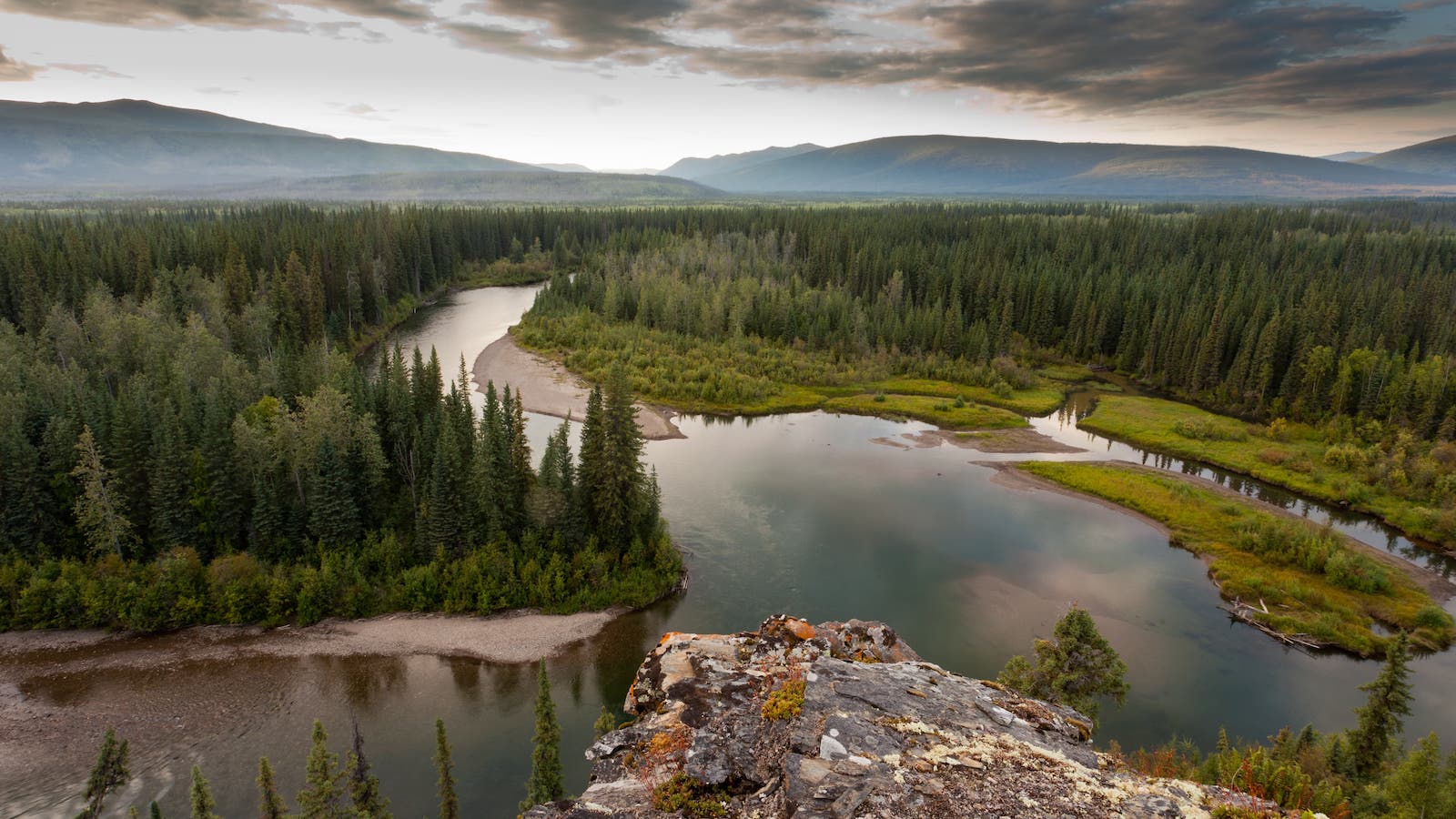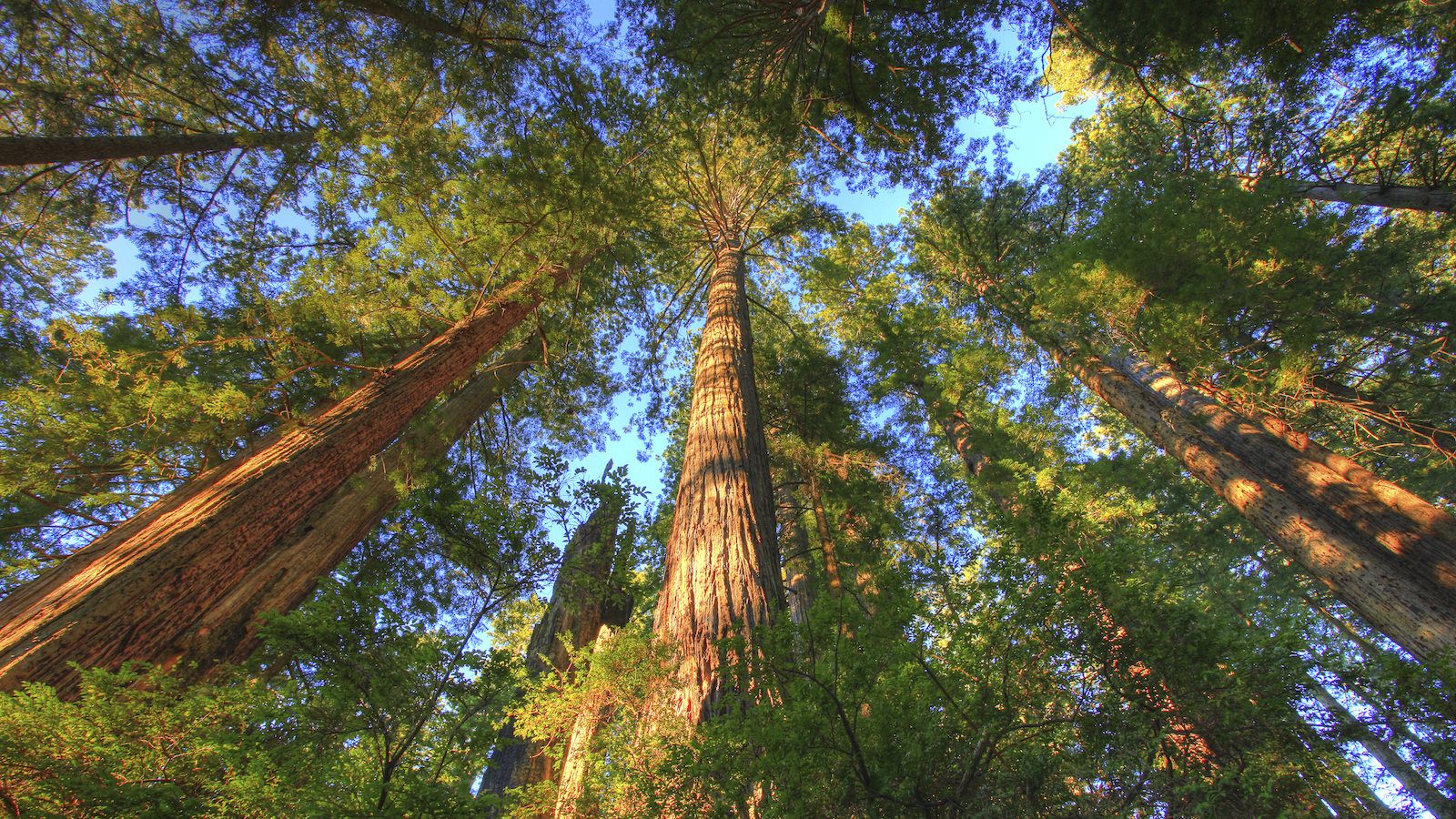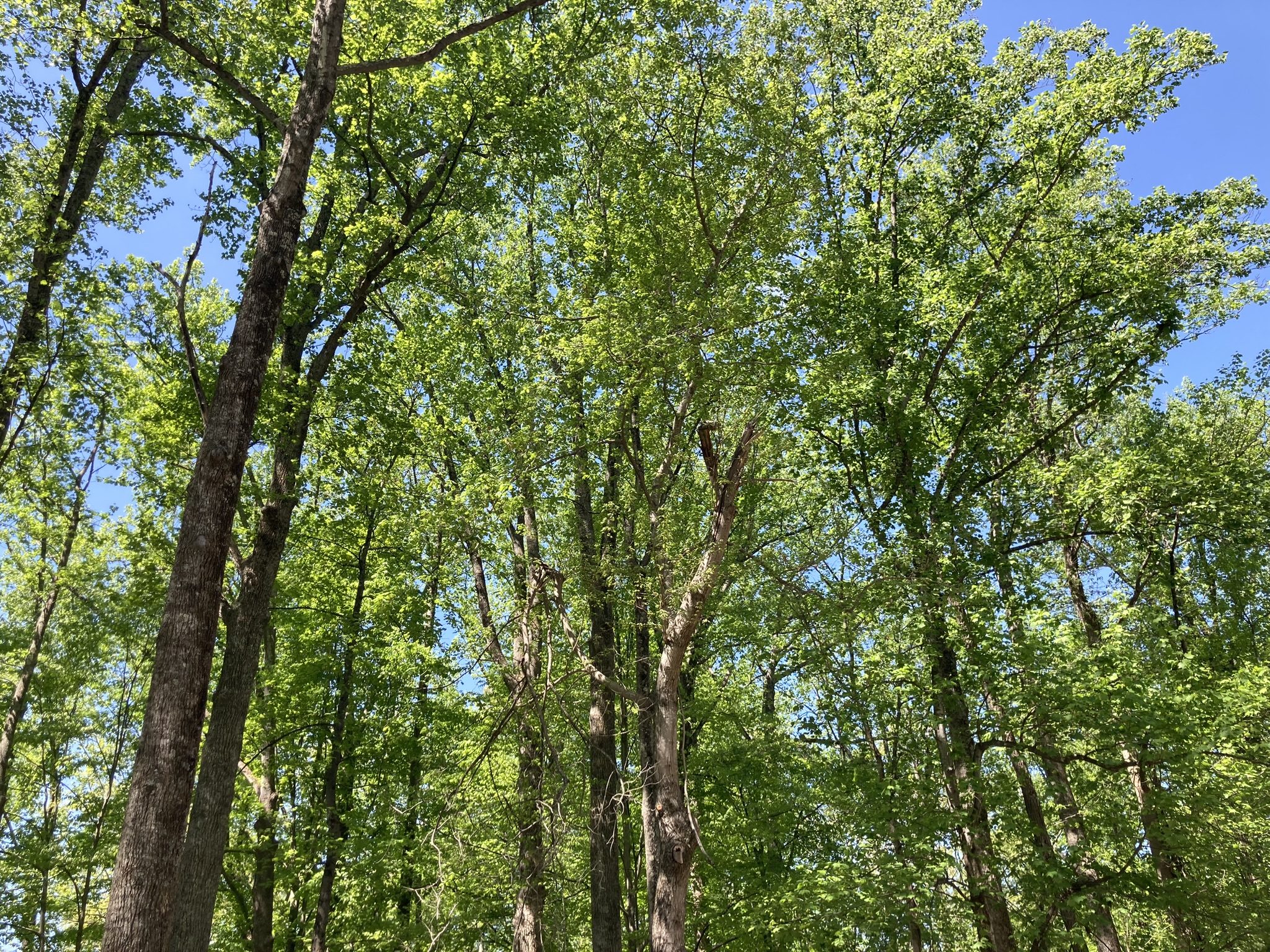
Tell The Home Depot: Preserve the boreal forest
The Canadian boreal forest is the largest remaining primary forest on the planet. It stores 300 billion tons of carbon, provides habitat for threatened boreal caribou, billions of birds and a multitude of other species.








